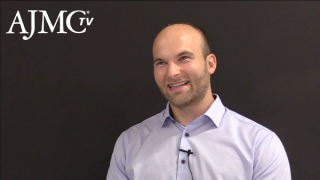
Technology
Latest News
Latest Videos

CME Content
More News

Clayton Irvine, PharmD, MBA, MS, discusses strategies to address payer-driven biosimilar and prior authorization challenges through integrated digital solutions, while advocating for flexible, regularly reviewed treatment pathways supported by molecular tumor boards and artificial intelligence to balance standardization with personalized, biomarker-driven oncology care.
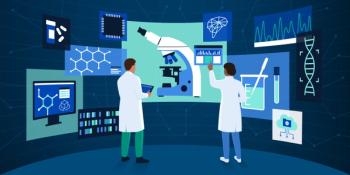
A new partnership delivers a scalable Fast Healthcare Interoperability Resources solution to help payers meet CMS' Interoperability and Prior Authorization Final Rule by 2027.

A new report from Bluesight reveals how automation and analytics are helping hospital pharmacy teams cut spending, manage shortages, and streamline procurement.

Personalized expert instruction informed by artificial intelligence (AI) data improved surgical performance and skill transfer more effectively than AI feedback alone in a randomized trial.
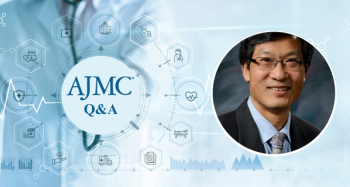
Digital patient profiles and expansive real-world data are reshaping oncology clinical trials, explained Gen Li, PhD, MBA, president and founder of Phesi.

Varsha Tanguturi, MD, cardiologist and DETECT AS investigator, presented new data on how the findings she and her colleagues saw indicate almost universal increases in rates of aortic valve replacement in patients with severe aortic stenosis (AS), across both provider and patient groups.

Khush Kharidia, MD, a third-year internal medicine resident at UT Southwestern, presented the oral abstract, “Evaluating the Quality, Accuracy and Health Impact of Cholesterol-Related Content on TikTok: A Social Media Analysis,” at ASPC 2025 Congress on CVD Prevention.

Language models and wearable devices are just 2 means of improving the practice of preventive cardiology.

Large language models (LLMs) such as GPT-3.5 and GPT-4 may offer a solution to the costly and inefficient process of manual clinical trial screening, which is often hindered by the inability of structured electronic health record data to capture all necessary criteria.

The study aims to build an accurate, interpretable model for stage III colorectal cancer prognosis.

Hadar Avihai Lev-Tov, MD, asserts that advancements in teledermatology and artificial intelligence (AI)–powered diagnostic tools are crucial for improving health care efficiency and patient access within managed care.

During a visit to AtlantiCare, CMS Administrator Mehmet Oz, MD, MBA, called for rural health systems to modernize IT infrastructure through the $50 billion Rural Transformation Fund, including through artificial intelligence (AI).
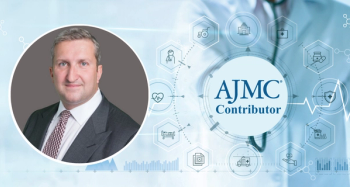
Although artificial intelligence (AI) is quickly becoming a tool used in health care, the human aspect of health care is still necessary for continued care.
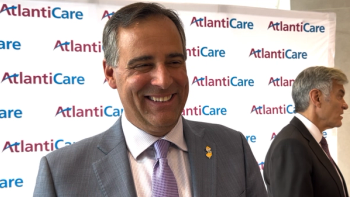
State governments must have budgetary and regulatory flexibility to support health care innovation, says State Sen Vincent Polistina (R, New Jersey).
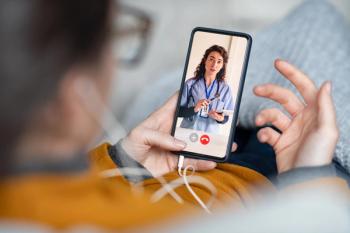
The potential of health care technology has been disconnected from patients, making those innovations barriers rather than means of improving access and communication.

A digital asthma self-management program enhanced symptom control; however, it revealed racial disparities in engagement, highlighting the need for culturally tailored interventions.
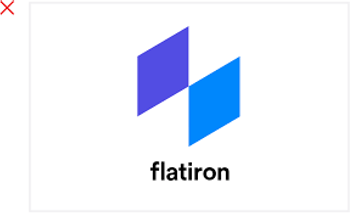
Flatiron Health expands its international oncology research network, enhancing real-world data use to improve patient outcomes and cancer care globally.
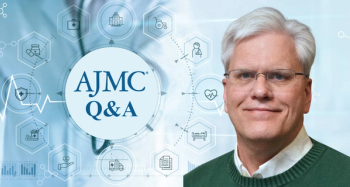
There is a great need to streamline the process from the tissue sample to the diagnostic lab, whether it's genomic or immunohistochemistry, Robert Kratzke, MD, says.

CMS Administrator Mehmet Oz, MD, MBA, visited AtlantiCare leaders in Atlantic City, New Jersey, to discuss the need for legislative and regulatory reform, as well as the $50 billion Rural Transformation Program.

ASCO President Robin Zon, MD, FACP, FASCO, emphasizes how AI solutions and advocacy in enhancing cancer care, ensuring equitable access to innovative treatments for all patients.

Artificial intelligence (AI) transforms oncology by enhancing clinical decision-making, improving patient outcomes, and shaping future health care training, as discussed by experts at Tennessee Oncology's “Tech Innovations in Community Oncology."

During the “Tech Innovations in Community Oncology” meeting from Tennessee Oncology, oncologists explore artificial intelligence (AI) tools like DeepScribe to enhance documentation efficiency, reduce burnout, and improve patient engagement in clinical settings.

Participants performed touchscreen-based reaching tasks while wearing wireless motion sensors, which recorded linear acceleration, angular velocity, and roll-pitch-yaw orientation at millisecond resolution.

Artificial intelligence (AI) transforms oncology by enhancing decision-making, improving patient care, and streamlining operations, while addressing challenges in data accuracy and equity, said speakers at the Tennessee Oncology “Tech Innovations in Community Oncology."
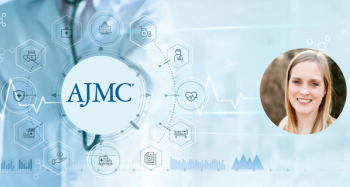
Tyler Sandahl, PharmD, a clinical pharmacist at Mayo Clinic, discussed the complexities of alternative payment models for chimeric antigen receptor T-cell and bispecific therapies and the need for improved data sharing in cancer care.


















